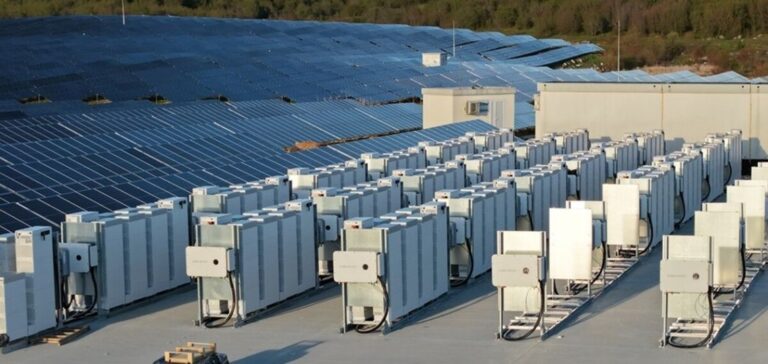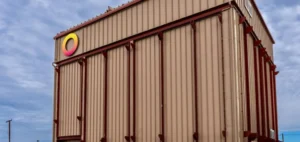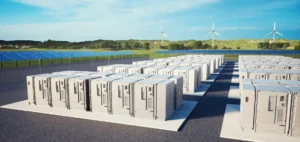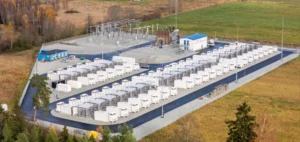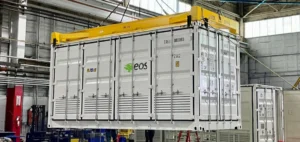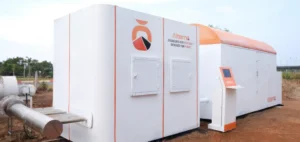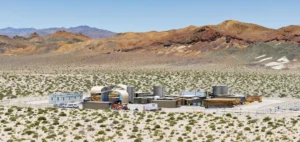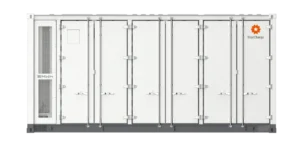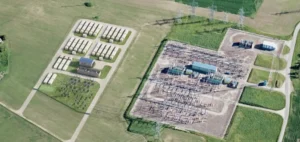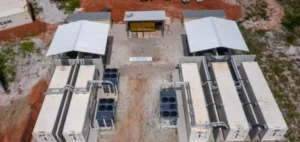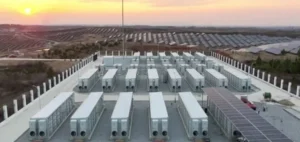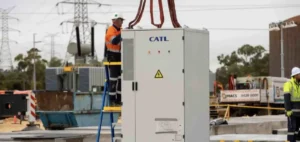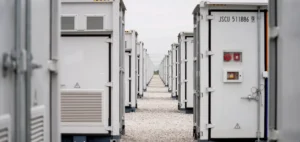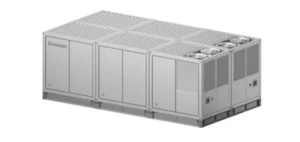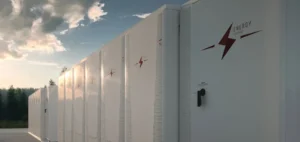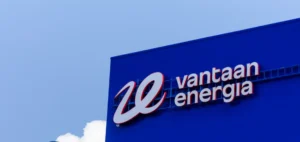Sigenergy, a provider of energy storage solutions, has completed the installation of a 20 MWh system in Malko Tarnovo, southeastern Bulgaria, in partnership with Bulgarian solar company Trakia MT Ltd. The equipment is based on the SigenStack modular technology, combined with 90 Sigenergy hybrid inverters. The project was integrated into a solar site operated by Trakia MT.
The system was installed in ten days and commissioned two days later. It features 12 kWh stackable battery modules that require no heavy machinery or complex wiring. This configuration is intended to optimise deployment time and reduce logistical costs for industrial operators.
Modularity designed for rapid deployment
The SigenStack design replaces conventional containerised structures with a modular approach, streamlining on-site logistics. Each battery includes six integrated safety features, including smoke detectors, thermal sensors, high-temperature insulation and fire suppression systems.
Galina Peycheva-Miteva, owner of Trakia MT Ltd., stated that the installation “felt more like assembling modules than executing heavy industrial works”, highlighting the impact of modularity on deployment speed.
Technical compliance and automated monitoring
The system was assessed by Intertek, a global certification body, which confirmed its compliance with UL 9540A and IEC 62619 standards. Testing showed structural stability under extreme conditions and an operational efficiency above 95%.
An integrated cloud platform enables continuous monitoring of energy performance, alerts and module status. This digital architecture reduces the need for on-site interventions, and any failing module can be replaced individually in under two hours.
Lower maintenance costs
Designed for autonomous operation, the system holds an IP66 protection rating against water and dust. It does not require monthly inspections or semi-annual component replacements, unlike traditional cabinet systems. This setup reduces outages, simplifies maintenance procedures and enhances energy availability.
The investment in this infrastructure aims to demonstrate the economic viability of decentralised storage solutions for regional industrial players. Sigenergy plans to replicate this model across other commercial markets with systems that are adaptable, quickly deployable and low-maintenance.


